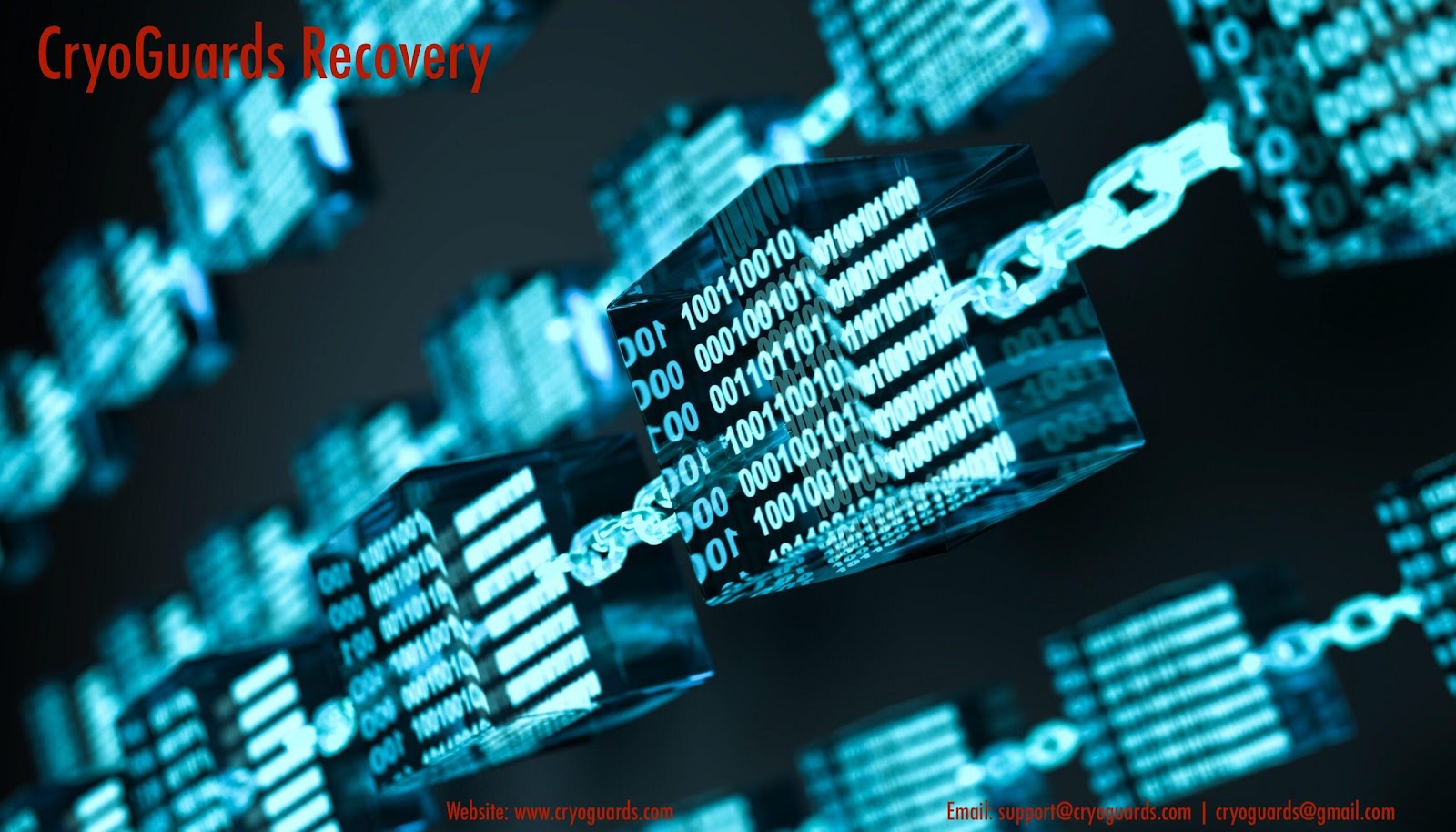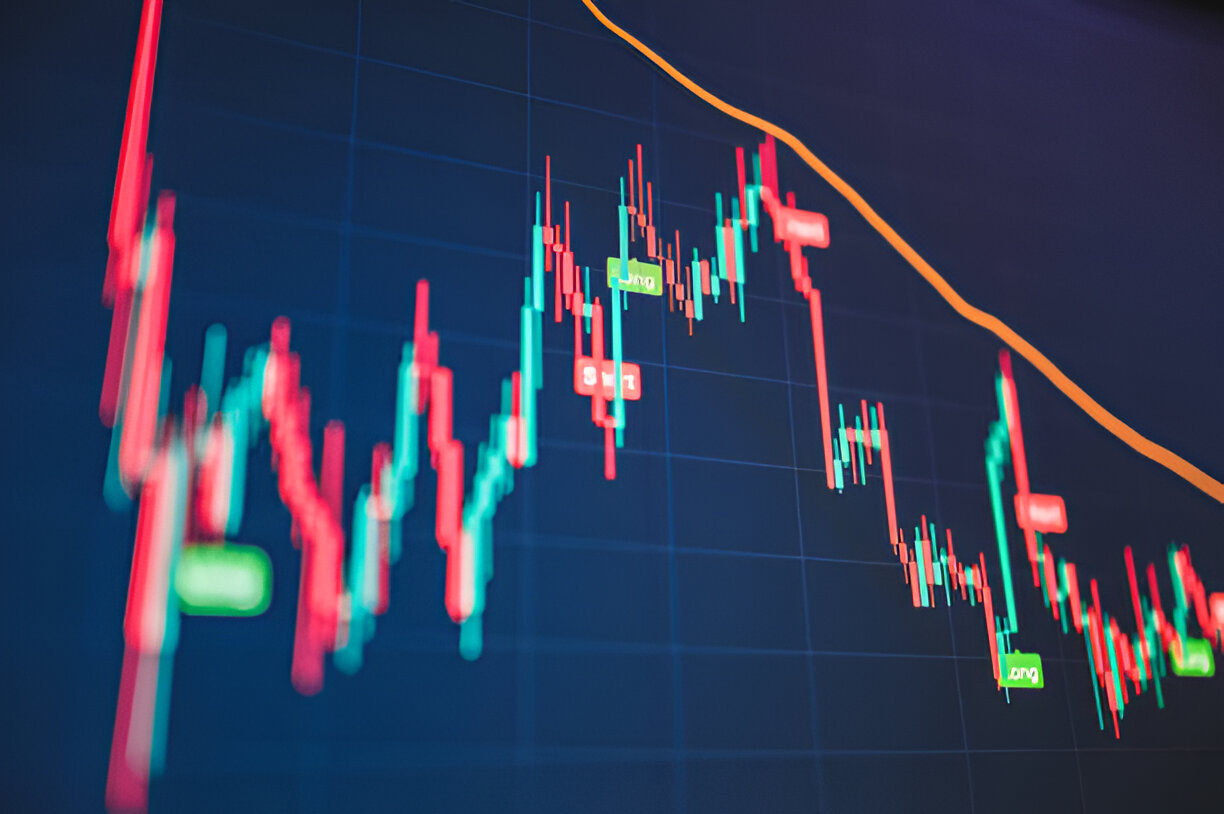Recognition at work is no longer just a pat on the back; it’s a powerful tool that shapes performance, culture, and loyalty. As workplaces evolve, so do the expectations of employees. People want to feel truly seen and valued, not just once a year, but in real time and in ways that matter to them.
Companies that understand this shift are rethinking their approach to rewards, turning appreciation into a real driver of success. In this blog, we’ll explore how the future of corporate rewards is being redefined, and why businesses that embrace this change are leading the way forward.
Understanding this fundamental shift requires examining how corporate rewards have transformed from simple appreciation gestures into sophisticated business intelligence tools that deliver measurable organizational impact.
The numbers tell a sobering story about workplace satisfaction today. Research reveals that 66% of employees claim they would quit their jobs if they didn't feel valued.. This alarming statistic highlights just how disconnected many organizations have become from their workforce's emotional needs.
Legacy employee recognition programs often fall short because they're built around outdated assumptions. Many still rely on annual ceremonies, generic certificates, or one-size-fits-all approaches that don't resonate with today's diverse, multigenerational workforce. Remote and hybrid employees particularly struggle with traditional recognition methods that were designed for in-person environments.
Many modern organizations are now discovering that utilizing a corporate rewards platform can transform the way they recognize and reward employees. A corporate rewards platform can integrate seamlessly with existing HR systems, enabling real-time analytics and providing personalized recognition experiences that genuinely engage employees.
These platforms leverage artificial intelligence to identify recognition opportunities, track engagement patterns, and predict when employees might need additional support. They also enable peer-to-peer recognition, manager-led initiatives, and company-wide celebrations that create a culture of continuous appreciation.
Smart companies aren't just implementing recognition programs – they're building effective reward systems that directly impact their bottom line. These systems track metrics like employee retention, productivity scores, and customer satisfaction ratings to demonstrate clear return on investment.
When recognition becomes strategic, it stops being an expense and starts generating revenue. Companies with well-designed reward systems see improved employee performance, reduced turnover costs, and stronger customer relationships driven by more engaged teams.
While hybrid-optimized platforms address today's workforce needs, cutting-edge technologies are already reshaping how organizations will recognize and motivate employees in the years ahead.
The future of employee rewards lies in artificial intelligence’s ability to uncover what truly drives each team member. Predictive analytics can spot subtle shifts in behavior, anticipate when someone might feel overlooked, and recommend personalized recognition strategies tailored to their unique motivations.
Gamification adds another exciting layer by turning recognition into a more interactive and rewarding experience. Game-like elements, such as badges or progress tracking, make appreciation feel fun and meaningful, helping employees stay engaged and motivated in a way that feels authentic to them.
Real-time recognition technology is revolutionizing how quickly and effectively organizations can acknowledge great work. Mobile apps, Slack integrations, and instant notification systems ensure that recognition happens in the moment when it has maximum impact.
Blockchain technology is also emerging as a way to create transparent, secure reward ecosystems where employees can earn, track, and redeem recognition points across different platforms and even different companies within the same corporate family.
However, even the most advanced technological capabilities must be strategically deployed to resonate with the distinct motivational drivers and communication preferences spanning four generations in today's workplace.
Different generations respond to different types of recognition. Gen Z employees often prefer social recognition and purpose-driven rewards, while Millennials value career development opportunities and experience-based acknowledgments. Gen X and Baby Boomers might appreciate more traditional forms of recognition, but delivered through modern, convenient platforms.
Successful organizations create flexible recognition frameworks that can accommodate these varied preferences without creating complexity for managers or HR teams.
The most successful effective reward systems integrate seamlessly with existing technology stacks. They connect with HRIS systems, communication tools, and performance management platforms to create a unified employee experience.
Implementation success depends on choosing platforms that don't require employees to learn new systems or managers to follow complicated processes. The best solutions feel natural and intuitive from day one.
Beyond generational considerations, the most effective modern reward systems recognize that true employee motivation extends far beyond workplace achievements to encompass comprehensive life satisfaction and well-being.
Enhancing workplace motivation requires continuous measurement and refinement. Modern analytics platforms provide real-time dashboards showing recognition frequency, employee sentiment, and business impact correlation.
Organizations can track how recognition activities influence productivity metrics, customer satisfaction scores, and retention rates. This data-driven approach helps leaders optimize their recognition strategies for maximum impact.
Looking ahead, successful recognition programs will need to adapt to emerging workplace trends like AI-human collaboration, virtual reality meeting spaces, and increasingly global, distributed teams.
The organizations that start building flexible, technology-enabled recognition systems today will be best positioned to attract and retain top talent in tomorrow's competitive landscape.
The convergence of advanced technology, behavioral science, and business intelligence is creating unprecedented opportunities to build engaged, motivated workforces. Organizations that embrace modern corporate rewards systems today won't just improve employee satisfaction, they'll gain competitive advantages that directly impact their bottom line.
The future belongs to companies that understand recognition isn't just about being nice to employees; it's about driving measurable business results through strategic appreciation.
1. How does employee recognition function as a reward?
Employee recognition boosts engagement, loyalty, and performance. When employees feel valued, they're more likely to stay with the company, go above and beyond in their roles, and contribute to a positive workplace culture.
2. What are the results of employee recognition?
Research shows that employees recognized weekly are three times more likely to say they're engaged, productive, and committed to their job compared to those never recognized. A thoughtfully designed recognition program can boost average employee performance by 11.1%.
3. How can organizations measure recognition program success?
Track metrics like employee retention rates, engagement scores, productivity improvements, and customer satisfaction. Modern platforms provide real-time analytics showing direct correlations between recognition activities and business outcomes.




Want to add a comment?